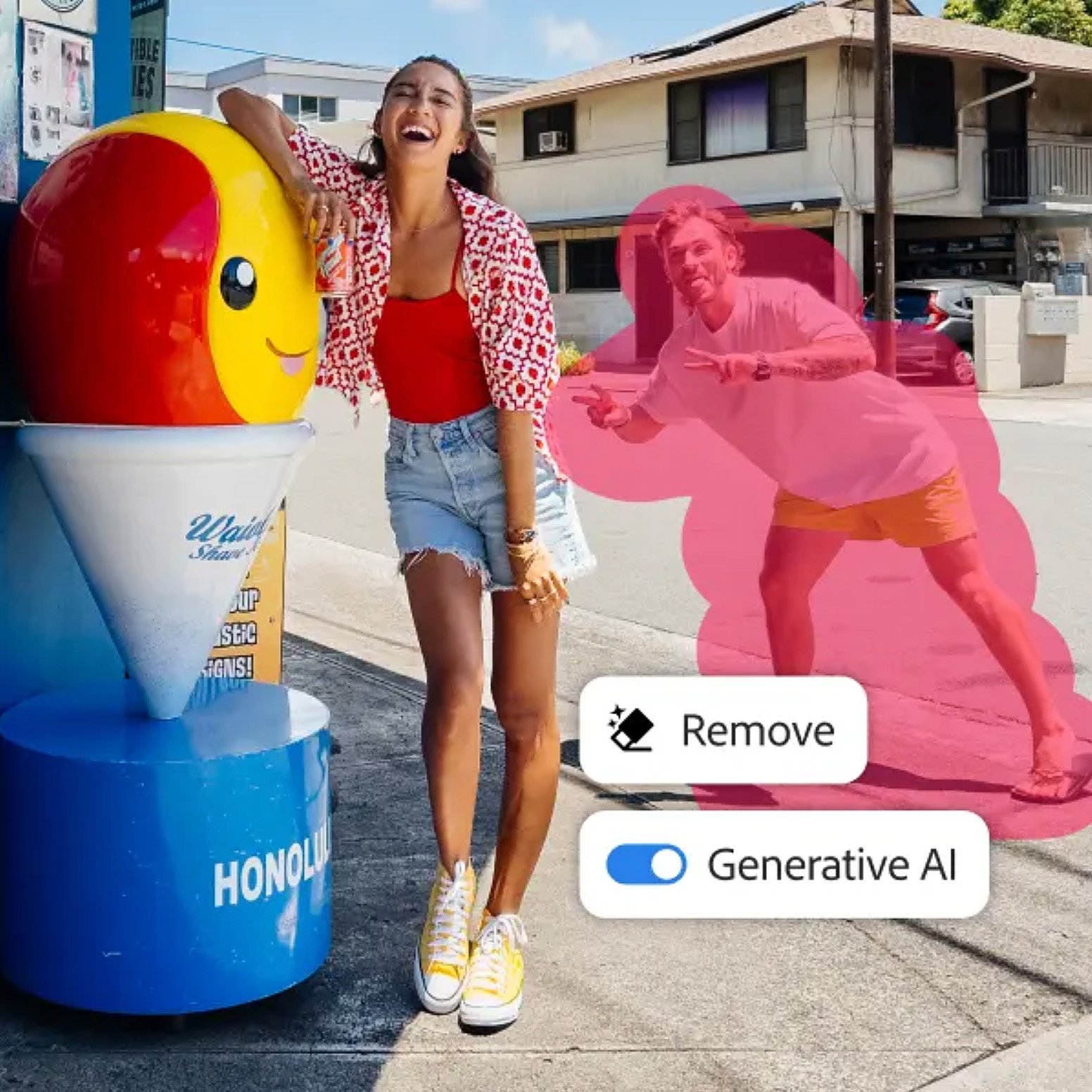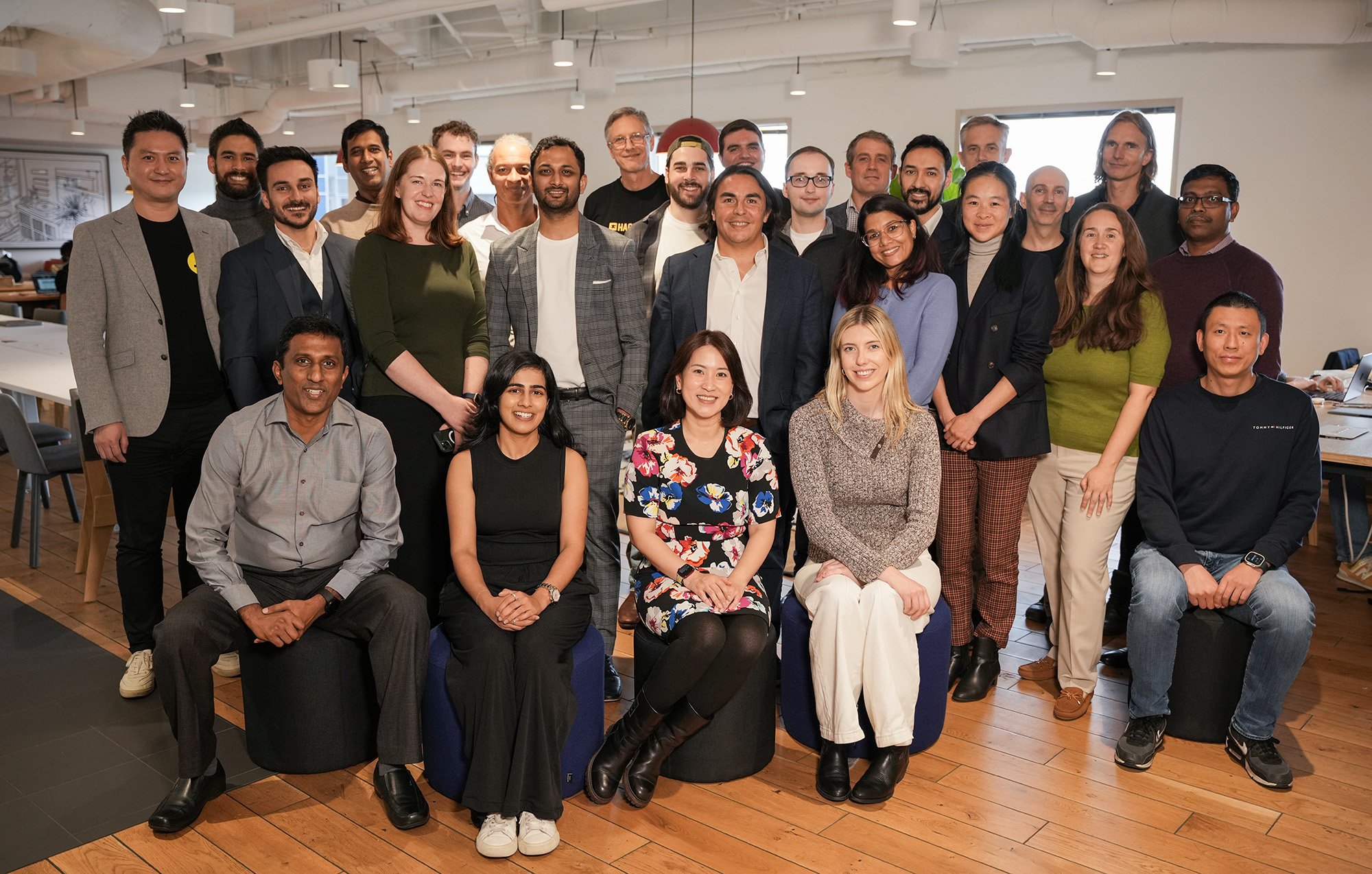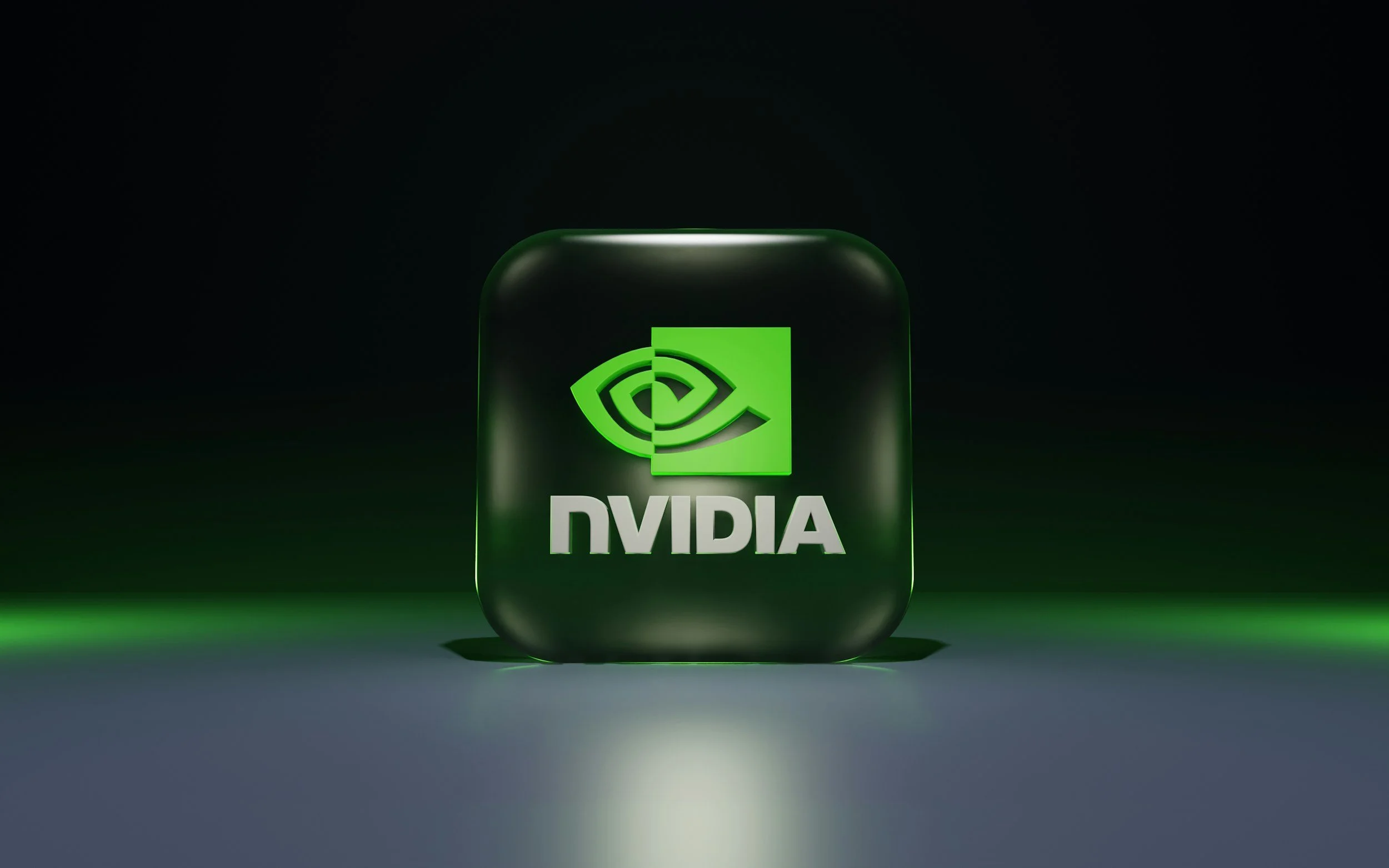Anthropic Launches Claude Gov AI for U.S. Defense, Rivals OpenAI in Government AI Market

Image Credit: Ferdinand Stöhr | Splash
Anthropic, a U.S.-based artificial intelligence company, has launched Claude Gov, a specialized suite of AI models tailored for U.S. defense and intelligence agencies. Announced on June 5, 2025, these models are designed to enhance tasks like intelligence analysis, threat assessment, and strategic planning, positioning Anthropic as a key competitor to OpenAI’s ChatGPT Gov in the expanding government AI market.
Claude Gov: AI Tailored for National Security
Claude Gov, a customized version of Anthropic’s Claude AI models, is built to operate in secure, classified environments, handling sensitive data with fewer restrictions than consumer models. Already deployed by top-tier U.S. national security agencies, access is restricted to personnel in classified settings, Anthropic confirmed. The models’ launch, detailed in a company blog post, highlights the growing role of AI in addressing complex national security challenges.
The introduction follows OpenAI’s ChatGPT Gov, launched in January 2025, which serves over 90,000 government employees for tasks like policy drafting. Claude Gov’s AI-driven approach aims to streamline data-intensive workflows, reflecting increased government demand for advanced AI tools to counter global threats.
AI Development for Secure Government Use
Founded by former OpenAI researchers, Anthropic developed Claude Gov with direct feedback from government agencies to meet operational needs in classified environments. The models are hosted on secure platforms, including Amazon Web Services (AWS) GovCloud and Palantir’s FedStart program, which comply with FedRAMP-High and Department of Defense Impact Level 6 (IL6) standards for handling classified data up to the Secret level. These partnerships enable rapid deployment by bypassing lengthy compliance processes.
Claude Gov underwent the same rigorous safety testing as Anthropic’s consumer models, ensuring reliability while allowing flexible handling of classified information. Unlike standard models programmed to avoid sensitive topics, Claude Gov is designed to “refuse less”, enabling analysts to process critical data efficiently. Anthropic’s focus on safe, interpretable AI systems remains a cornerstone of its development strategy.
AI-Powered National Security Solutions
Claude Gov leverages advanced AI to support mission-critical tasks, including analyzing intelligence reports, detecting threats, and aiding strategic decisions. The models offer improved comprehension of defense-specific documents and proficiency in languages relevant to national security, such as those used in threat intelligence. They also enhance cybersecurity analysis by identifying patterns in digital threats, reducing processing times for complex datasets.
Hosted in IL6-compliant environments like AWS GovCloud, Claude Gov ensures data security for Secret-level information. Its AI algorithms enable real-time analysis and context-aware insights, making it a vital tool for intelligence analysts navigating high-stakes operations.
AI Competition in Government Markets
Claude Gov enters a competitive field where AI firms are vying for government contracts. OpenAI’s ChatGPT Gov, backed by a US$200 million Department of Defense deal announced on June 16, 2025, leads the market. Microsoft, Meta, and Cohere are also developing AI solutions for defense, often through Palantir or AWS partnerships. Anthropic’s US$61.5 billion valuation, confirmed in March 2025, and reported US$3 billion annual revenue run-rate as of April 2025, based on sources familiar with the company’s finances, underscore its growing influence in the AI sector. Analysts suggest Claude Gov’s specialized design may provide a 12-18 month advantage over most competitors, except OpenAI.
Anthropic’s direct focus on national security applications, combined with strategic partnerships, positions it to capture a share of the multi-billion-dollar government AI market. Its collaboration with Palantir and AWS enhances its ability to deliver secure, scalable AI solutions.
Benefits and Risks of AI in Defense
Claude Gov’s AI capabilities offer significant benefits, including faster intelligence processing and enhanced threat detection, which could improve national security outcomes. Its secure deployment ensures compliance with federal standards, making it accessible for sensitive operations. These advantages stem from Claude Gov’s ability to analyze complex data and provide actionable insights.
However, AI in national security raises concerns. Algorithmic bias, seen in other AI applications like facial recognition, could lead to inaccurate analyses if not addressed. The “refuse less” configuration increases the risk of data exposure if security protocols falter. Ethical questions about transparency in defense AI applications persist, with critics citing issues like wrongful arrests tied to biased algorithms. Anthropic’s usage policy prohibits use in weapons development or malicious activities but allows limited exceptions for government missions like countering trafficking, balancing utility and responsibility.
AI’s Future in National Security
Claude Gov reflects the growing integration of AI into government operations, driven by the need to process data amid rising cyber and geopolitical threats. The government AI market is expected to grow at a 38% compound annual rate through 2028, with defense and intelligence agencies leading adoption. Strategic partnerships with AWS and Palantir will remain critical for scaling AI solutions.
Ethical and regulatory challenges loom large. Debates over AI bias, privacy, and militarization highlight the need for oversight, though the regulatory landscape remains uncertain. Anthropic’s commitment to responsible AI development positions it to address these concerns while meeting government needs, shaping the future of AI in national security.
We are a leading AI-focused digital news platform, combining AI-generated reporting with human editorial oversight. By aggregating and synthesizing the latest developments in AI — spanning innovation, technology, ethics, policy and business — we deliver timely, accurate and thought-provoking content.



































































































































































































































